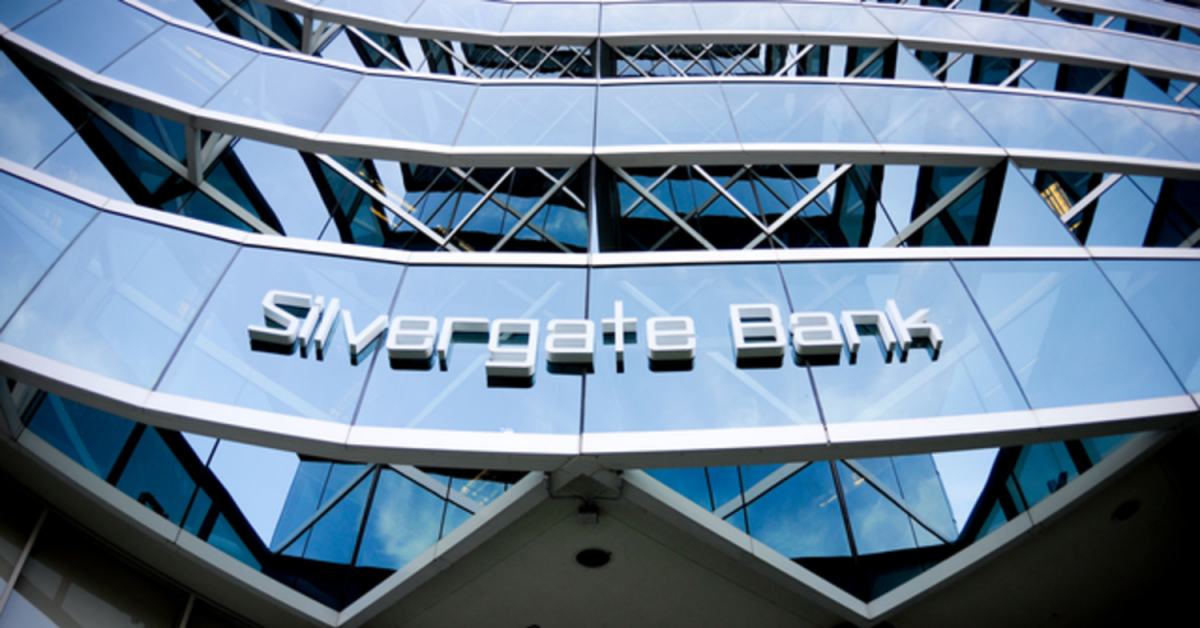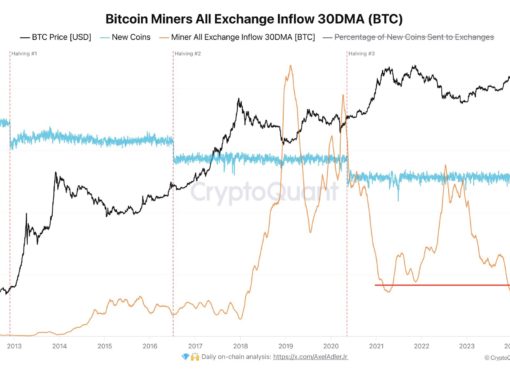All-time transaction volume on the Silvergate Exchange Network (SEN) has reached $100 billion, with SEN transactions correlated to bitcoin and stablecoin trading.
The La Jolla, Calif.-based Silvergate Bank has seen a significant adoption of the payments platform, which is open 24/7 to offer fiat on-ramps for the crypto markets. For full year 2019, the bank saw around $33 billion transacted on the network compared to $76 billion in the first nine months of this year, said Alan Lane, Silvergate’s CEO. (The bank did not track how much these volumes were affected by the average price of bitcoin each year.)
In general the bank sees more SEN transactions when there is bitcoin volatility, but SEN transactions have increased while volatility has been down because of increased SEN adoption.
Silvergate has also seen a correlation between SEN transactions and decentralized finance (DeFi) adoption as it’s the transactional bank for all of the U.S. regulated stablecoins such as USDC and PAX, Lane added.
The SEN has allowed Silvergate to be one of the few American banks to offer its customers a transaction API. Like whitelisted investors on Ethereum, customers who want to transact on the SEN have to be members of the network, allowing Silvergate to not worry about the know-your-customer (KYC) risk of offering an API that would automate transactions.
“They’re coding our APIs right into their technology stack,” Lane said. “It is secure and 24/7 and you don’t need human intervention when they have coded in the API.”
After wrapping the pilot of SEN Leverage, a bitcoin-backed lending product, Silvergate will become the only bank to offer a lending API.
“We aren’t doing the loan from start to finish on the API,” Lane said. “But once we’ve approved you, you’re on the SEN and you want to borrow, you can do that on nights and weekends.”




